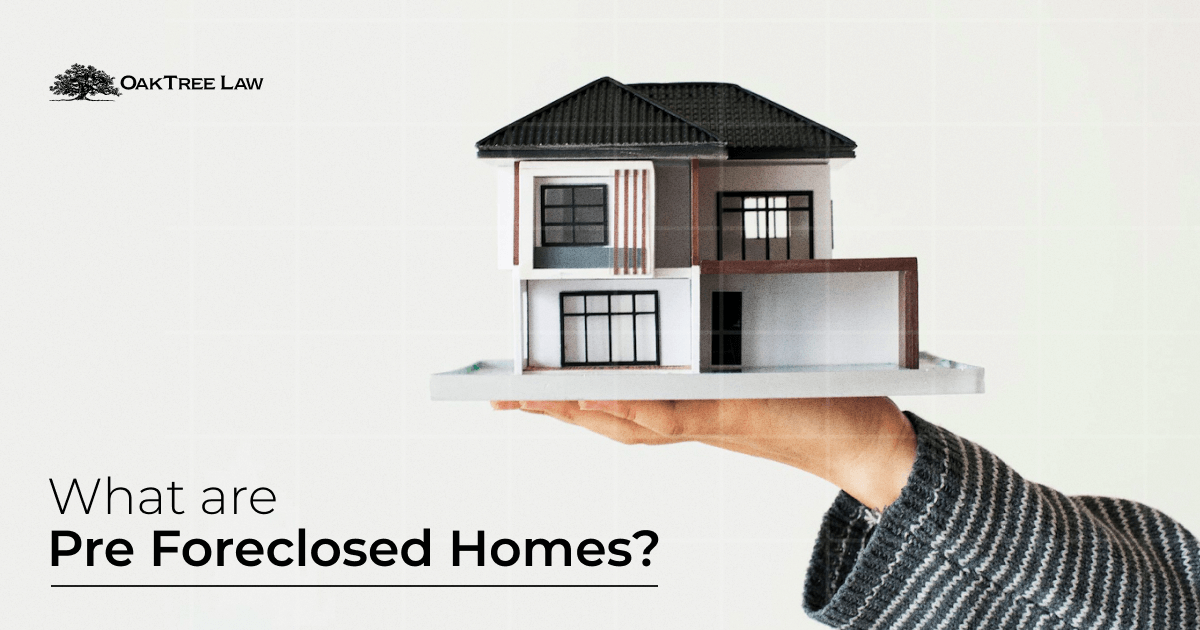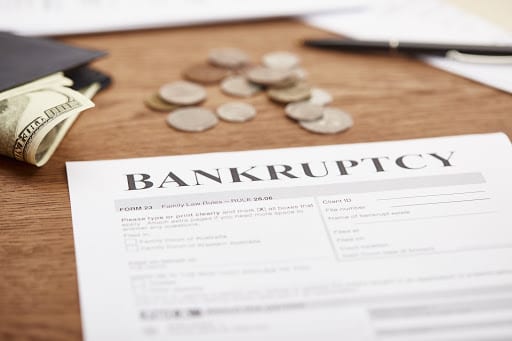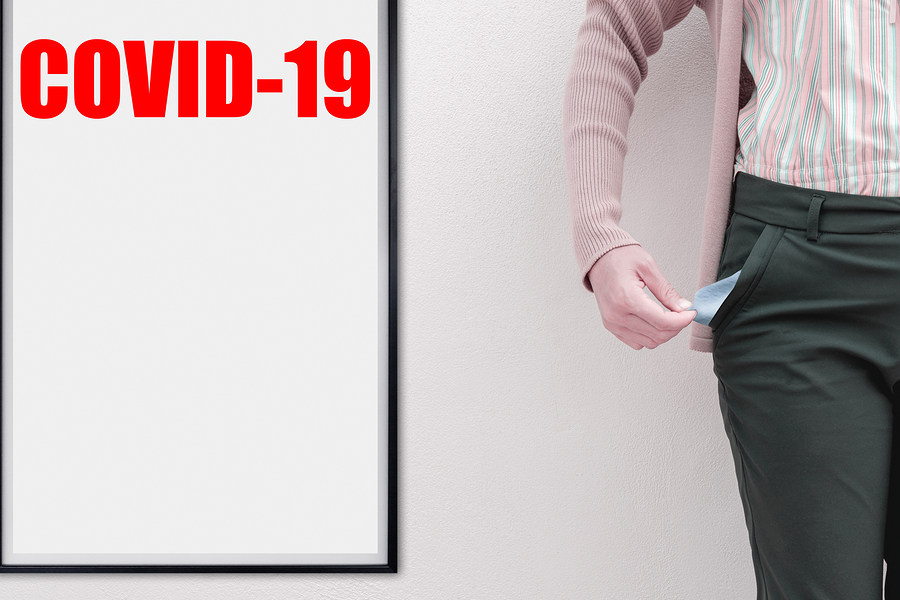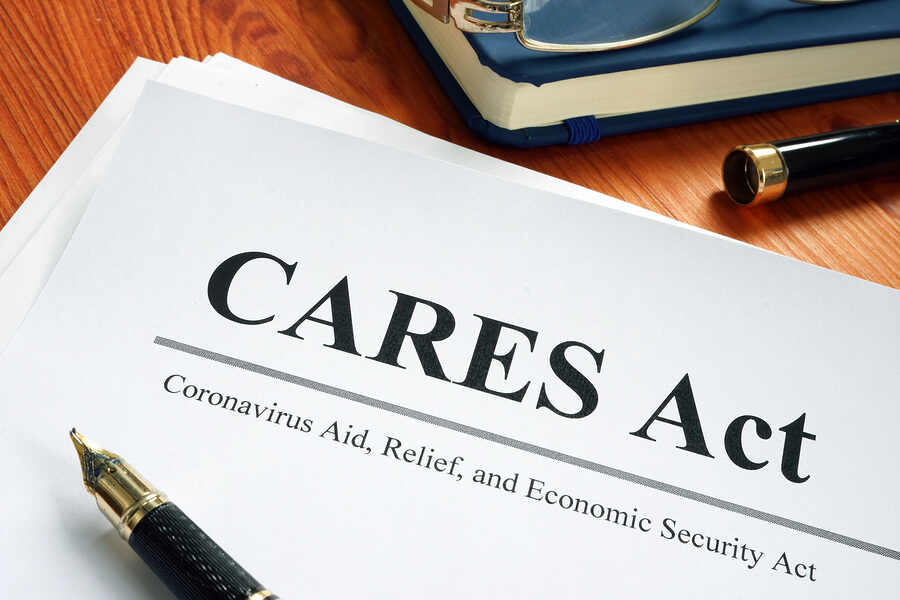If you’ve fallen on hard financial times, bankruptcy can help set you on the right course. You can receive a discharge of debts with Chapter 7 bankruptcy or discharge some debt and create a repayment plan with Chapter 13 bankruptcy. However, there are many considerations and steps to navigate. These bankruptcy basics are intended to help you understand the process, especially if you have been hit hard during the coronavirus pandemic.
What Is Bankruptcy?
Bankruptcy is a process carried out through the federal court system. It is often wrongly associated with spending more than your budget allows. But most of the time, reckless spending is not a factor, but rather sudden medical expenses (for treating an illness or injury), a lost job, or divorce.
The benefits of filing for bankruptcy can include a discharge of credit card, payday loan, and medical debt. After about 3 months of declaring bankruptcy, your obligation to pay an unsecured debt is eliminated. The assets, or balances, through sale and liquidation, are considered fulfilled. Other advantages include an automatic stay on collections efforts, including wage garnishments and foreclosure.
Knowing when to file for bankruptcy is key to reducing the impact of debt. Warning signs include paying for groceries and gas with a credit card, using one card to pay another, spending your paycheck on debt payments, and missing credit card payments. If you’ve taken on a second or third job to pay your debt, or your obligations are causing stress affecting your job or relationship, it may be time to consider bankruptcy.
Do I Qualify for Bankruptcy?
Bankruptcy is an option available to anyone. The type of bankruptcy you qualify for depends on your financial situation. Consulting with a credit counseling agency helps analyze your finances and learn about possible alternatives. In some cases, debt consolidation or settlement can avoid the need to file for bankruptcy. You can sometimes negotiate with creditors as well.
You must receive credit counseling within 180 days of filing (from an approved nonprofit agency). There are a few exceptions. If you’ve cheated on your creditors, the court dismissed your request within the past 180 days, or you’ve had debt discharged via Chapter 7 within the past 8 years or through a Chapter 13 filing within the last 6 years, you won’t be eligible.
How Do I File for Bankruptcy?
The basic steps to file for bankruptcy are as follows:
- Consult with a bankruptcy attorney: They can determine if you have a case or there are other options to manage your debt.
- Seek pre-bankruptcy counseling: This is required within six months before you file. A meeting with a government-approved counseling organization takes around 60 to 90 minutes (it can be in-person, by telephone, or online).
- Paperwork and documentation: Before you file a petition with the court, you need proof of income, expense disclosures, recent financial transactions, and other required documents. Court fees must be paid and a bankruptcy questionnaire must be completed.
- Sign the petition: Your signature is an oath all the information provided is accurate. This marks the beginning of the bankruptcy filing and ends when the bankruptcy judge issues an order of discharge.
- 341 hearing: A bankruptcy trustee will ask you questions under oath. During this Meeting of Creditors, your financials and paperwork are reviewed. Preparation is important. Your creditors may appear at the hearing, which is rare.
- Debtor education course: This is completed after your case is filed. You’ll receive a certificate that serves as proof you completed the course, which must be submitted to the bankruptcy court.
There are also steps to avoid, which can hurt your case whether they’re intentional or accidental. Don’t lie about your assets, transfer money or assets to another bank account, or use all available credit and don’t try to pay off your creditors or lenders. Also, don’t cash out your retirement account, file any lawsuits, or fail to file income tax returns.
How Much Does Filing for Bankruptcy Cost?
Bankruptcy has many associated costs, which can be a burden if you’re short on cash. Filing fees vary by state and can be much higher if you file for Chapter 9, 11, or 15. If you file for Chapter 7, court fees must be paid in full prior to your case; with Chapter 13, you must pay 40% upfront. The rest is absorbed into your payment plan.
You must also pay your bankruptcy attorney. An attorney can charge up to $2,200 for a Chapter 7 bankruptcy, and more for other types. Legal costs vary considerably by location, how much you owe, and how complex your case is. If you’re lucky, your attorney will be open to negotiating a payment plan.
What Is Chapter 7 Bankruptcy?
Often considered the simplest form of bankruptcy, Chapter 7 can discharge large amounts of debt. It can be extremely helpful to individual debtors facing high debt and collections calls or other actions by creditors and collectors. The filing process can take as little as 3 to 5 months, while a discharge order may be issued 60 to 90 days after filing. There is no debt limit, you get to keep your assets, and filing does not affect your future income. When filing, you’ll typically meet with your bankruptcy trustee rather than appear in court.
What Is Chapter 13 Bankruptcy?
Chapter 13 (wage earner’s plan) is a reorganization of debt. It can discharge credit card debt and medical bills, and allows you to get current on mortgages, auto loans, and tax debt with a reorganized payment plan. Your property is secured and collection efforts will stop as long as you make regular payments. Co-signers are shielded as well. After the restructure, repayments must be completed within 3 to 5 years (the actual length depends on your current income). The plan is subject to approval or objection by creditors.
What Is Chapter 11 Bankruptcy?
Chapter 11 is used by corporations (and in rare cases, individuals), which can file to reorganize and create a payment plan or, in some cases, have their debt wiped out. This process allows a business to still function while reorganizing its finances. Your company can keep its name, sell products and services, and avoid lawsuits and collections activities as well as avoid or recover repossessed assets, liens, and bank levies. With debt reorganization, interest rates can be adjusted and payments can be spread out over a longer period of time. It can also restore the original terms of your mortgage or lease.
Hire a Bankruptcy Attorney
At OakTree Law, we are dedicated to helping clients get the most out of bankruptcy protection. We can help you navigate the process and determine what type of bankruptcy, if any, is right for you. Our attorneys are familiar with the changes in foreclosure, credit reporting, and the U.S. Bankruptcy Code provided by the Coronavirus Aid, Relief, and Economic Security Act (CARES Act). During the COVID-19 crisis, we are holding consultations by phone and filing cases with the court system.
If you are unemployed due to the outbreak, have lost income for other reasons, or up to your neck in credit card debt, give us a call at 562-219-2979 to learn how we can help.








